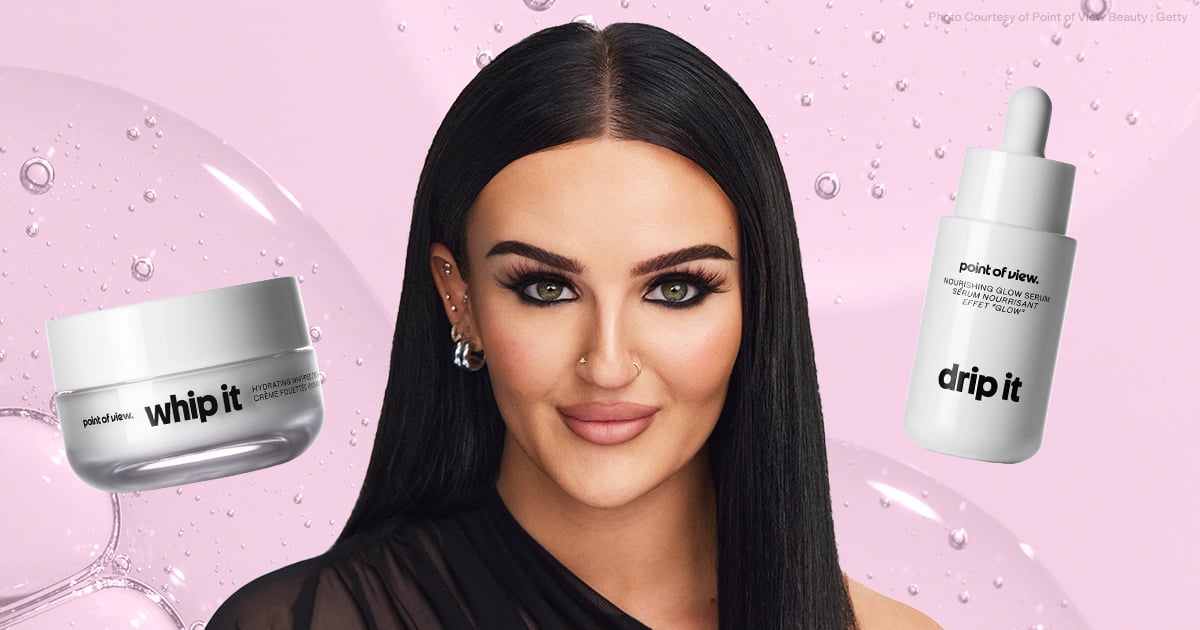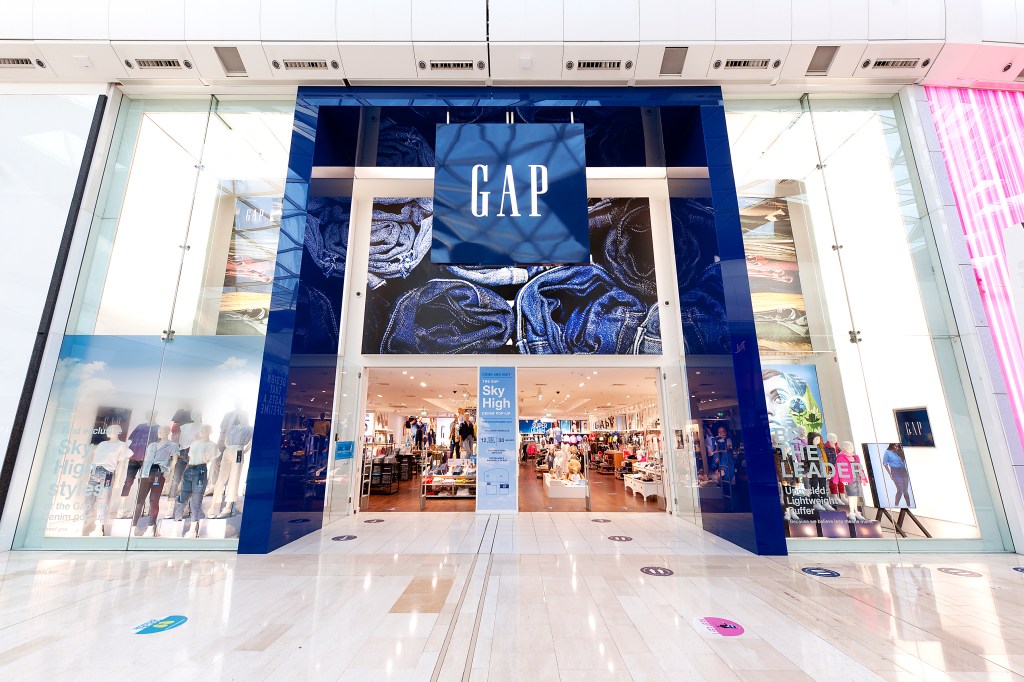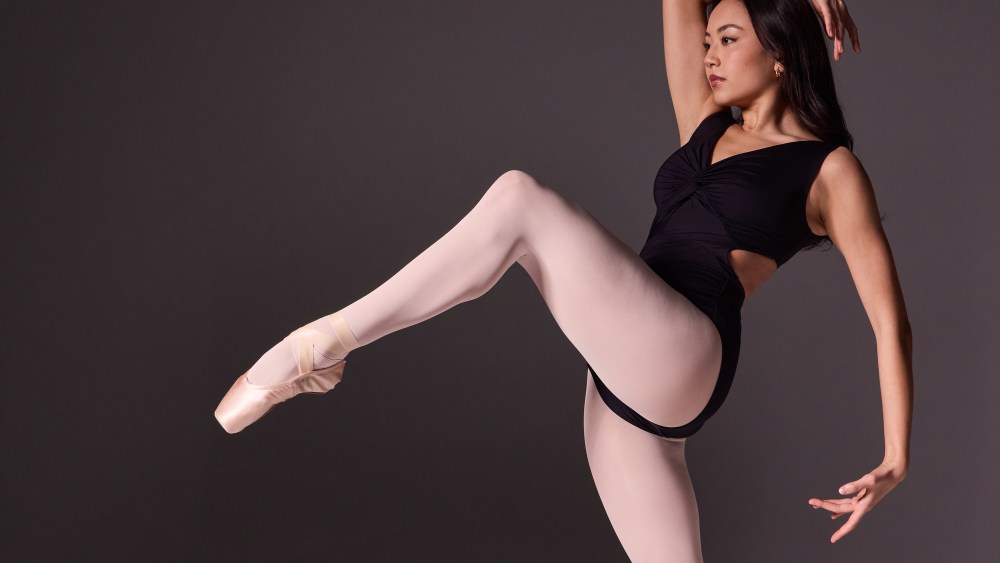Rare Beauty, Kylie Cosmetics, Rhode, Fenty Beauty, Haus Labs. Whether you’re heavily invested in the beauty scene or not, it’s clear to see that launching a beauty brand – what was once a rare business move for celebrities – has now become the gold standard. (And with high profit margins in an evergreen industry, it’s easy to see why.) Recently, though, there’s been an uptick in influencer-founded beauty brands. In fact, some of the beauty scene’s most coveted brands come from influencers and have seen the same, if not more, level of success as their celebrity-founded counterparts. Just take a look at influencer-founded brands like Summer Fridays, Dezi Skin, One/Size, and Forver Mood, who have become trailblazers in the industry and effectively redefined marketing, product innovation, and consumer engagement. This raises the question: Are influencer brands more appealing to consumers than celebrity brands?
For social media star and makeup artist Mikayla Nogueira, who’s garnered nearly 9 million views and over 7,000 comments on the announcement video of her new beauty line, Point of View, one reason is relatability. “Many people are influenced by celebrities because it’s aspirational – they want to be like that celebrity – whereas with influencers, audiences are influenced because they connect to that person, relate to their struggles, and want to further build that connection,” says Nogueira.
The same rings true for Sivan Ayla, founder of + Lux Unfiltered. “When you’ve already been following someone for years and are invested in their routines, the only tangible way to connect with them is through their product or brand,” she says. “Personally, having that history and trust with my audience has given my brand this sense of familiarity and relatability.”
While celebrities often have instant credibility based on their fame, influencers have built credibility through authentic connections with their audience. “Influencers let audiences into their lives in a way that celebrities with carefully managed reputations do not,” says Jeff Lee, CEO of Dibs Beauty, a beauty line co-founded by Courtney Shields. “That psychological hurdle of speaking to the camera, posting multiple times throughout the day, and not editing or filtering everything that goes onto a platform can be extraordinarily difficult to overcome for even the most talented celebrity.”
While it used to be the case that beauty brands were created by scientists and formulators who worked behind the scenes in product development, now, consumers want – no, almost expect – to have a connection with the person behind the brand. This may be difficult for celebrities who are juggling multiple projects at once, whereas an influencer who focuses their heart and soul into their brand may add more value, says Lee. “There are celebrities who do an incredible job of bringing their communities into the fold, but many are shielded from their audiences by layers of management and the sheer volume of international fame they have – as a consequence, they are far more removed from their communities,” he adds. The fact that influencers like Nogueira, Ayla, and Shields engage with their audiences daily and in real time brings a sense of organic connection that the modern-day beauty consumer craves.
Some may also argue that the right influencer has more industry knowledge. “Influencer brands are unique because they come directly from someone obsessed with their niche who has likely tried thousands of products and therefore know what’s missing, what’s best, and what their community seeks,” says Nogueira. “For myself, I have tried absolutely everything on the beauty market, and I knew what I wanted to see in a beauty brand. When you combine someone who is obsessed with their craft and has also tried almost everything in their niche, they can create magic.”
In an era where beauty consumers are far more educated and thoughtful with their product choices, positioning a beauty brand – celebrity- or influencer-founded – as trustworthy and ethical is of utmost importance. For Ayla, this means conducting clinical studies to showcase results and improvements in addition to creating formulas from scratch and creating custom packaging. For Nogueria, this means working with top-notch product developers, labs, and chemists, testing products with dermatologists, conducting both clinical and consumer trials, and using trademarked technologies.
Ultimately, the success of any beauty brand lies in how much care is put into it, regardless of who the founder is. “Every bit of passion went into creating not just Point of View products, but also the positioning of the brand, the community model, the design, and so much more,” says Nogueira. At the end of the day, being involved in product development and decision-making is what will allow any brand founder to maintain authenticity.
Michelle Rostamian is a Los Angeles-based beauty and wellness contributor with over 10 years of experience in the industry. She began her career as a publicist, content writer, and social media manager, representing beauty brands and industry professionals. Currently, she is a writer and editor on all things makeup, beauty, skin care, and lifestyle.




